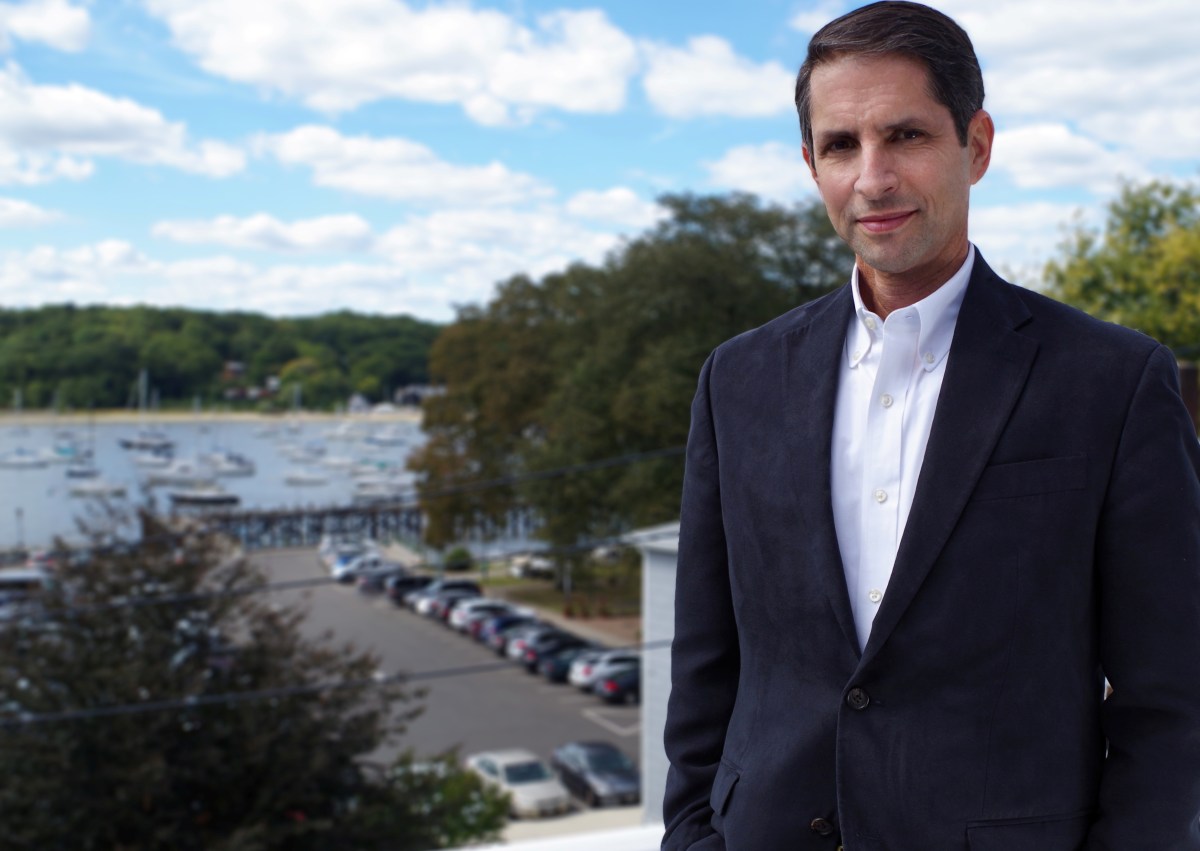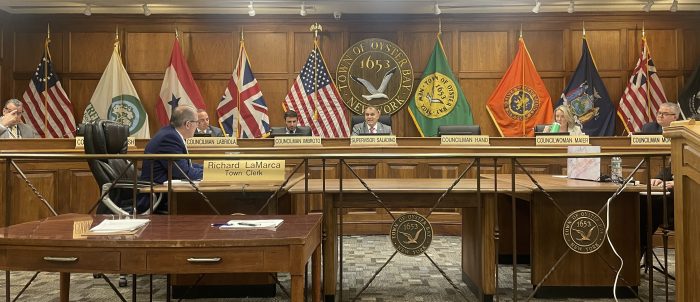Frank Zinghini is part of a mission to the Moon designed to be a long-awaited return for NASA and the nation. He is president, CEO, and founder of Northport-based Applied Visions and Pittsburgh-based SDS., a sister company working on testing software and hardware for Astrobotic Technology’s journey to the Moon. We talked with Zinghini, who has a bachelor’s in electrical engineering and a master’s in computer science both from Stony Brook University, about SDS’s role and space travel.
Do you remember the first Moon landing? Crystal clear. It was one of those pivotal moments you can’t forget. I was sitting in the basement. I was 11 years old at the time. I was watching on a 19-inch black-and-white TV. I remember my mom jumping up and down when they took the first step. So I remember it.
Did it ever occur to you that you or a company you own would be involved in going to the Moon? Certainly not when I was 11. I already had a deep interest in space and space tech when I was a kid. That’s one of the reasons I got into engineering, my interest in aerospace and the fact that we did so many interesting things here on Long Island. As I got older, I started to think, “Wouldn’t it be cool to do this sort of thing?”
What’s it like for a Long Islander to be involved not just in computers, but a lunar landing? I fell in love with computers and software in high school. It never ceases to fascinate me, what we can make happen — from landing on the moon to mobile apps. I love it. I can’t wait to get to work every day. I grew up in Northport. I went to Northport High School, then Stony Brook. I’m a Long Islander through and through. How cool is it to be involved with a moon landing after what Long Island did with Apollo?
Is there stress in working on equipment for space? Engineering developing space systems is stressful, because you only get one shot at it. Within an airplane, you can take a test flight. With a rocket, you push a button and it goes.
Is Astrobotic’s work part of a bigger picture with space? This is part of NASA’s fresh approach to space travel, where they lean on commercial business to achieve breakthroughs. NASA is purchasing services from commercial companies like SpaceX and Boeing, which helps create and grow those services, rather than directly funding the R&D for space travel.
Is this an unmanned flight? The term of art today is “uncrewed,” because we have plenty of women going into space. We have very diverse crews. Uncrewed flight is an incredibly important part of space travel, but you still need humans in space, which is why we have the space station there.
What is SDS or Software Design Solutions doing for the Peregrine? SDS has clients in many industries including transportation, energy and healthcare. We are building test equipment. You need to test systems rigorously before you send them into space.
Is SDS making software, hardware or both? It’s both. It takes a lot of work to test space systems. The systems are very complex and often very intelligent. There are a lot of computer processors in the spacecraft. To test those, you have to simulate what they’ll experience in space.
What are you testing? You can imagine any spacecraft will have propulsion systems, guidance systems, scientific payloads. The reason you put these up there is to do science. All the systems that make those things happen involve complex electronics and software that they’re building, because that’s their specialty. Those systems need to be tested.
How do you test them? The testing we’re doing is at the subsystem level. If they develop a complex computer board to control the propulsion system, that will need a circuit board. We will design a test they can plug that circuit board into that provides the electronic signals the propulsion system generates. And you can test the output.
How important is testing computers? Far too often in software in general, people don’t pay enough attention to testing. Then they have problems with software that goes out into the field or their website crashes.
Is testing on schedule and when is the launch scheduled? Our work is on schedule. Our belief is their schedule is to launch next July. They’re working day in and out on their spacecraft, using our test equipment to do that. The interesting thing about test equipment is our work is done when they launch.
For more business coverage visit longislandpress.com/category/business


































